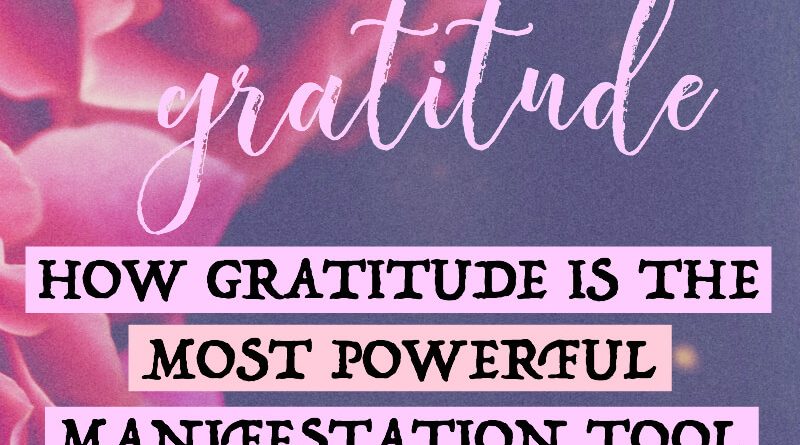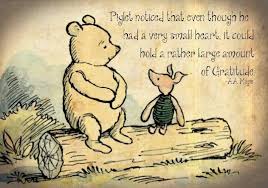Wednesday Wellbeing: Gratitude by Zoe
Elevate your wellbeing with a gratitude practice
I’m still away holidaying in Port Isaac, North Cornwall where it’s been easy to look around at the stunning scenery each day and savour the beauty in each moment. I’ve been able to take the time to notice the wonders of nature with my family and beagle fur babies close by and feel grateful for all I have in my life.
Swimming in the clear sea in my bikini and feeling the rush of warmth after with the wind and sun on my skin, walking the headlands, carefree conversations with my son, time with my husband with neither of us working and laughing until our abs ache, lots of barefoot sand days followed by cream teas. Don’t tell anyone but I’m a huge fan of clotted cream! It’s been a joy to see my son and his new girlfriend totally absorbed in those early, heady days of love! And the jam on the scone has been the weather – a perfect, British summer – idyllic!
But is being on holiday an exception I can hear you ask? Surely when we’re in a ‘good place’ it’s easy to notice all the good stuff?! It is, yes, it is, but that’s exactly the point. When we learn to incorporate a ‘practice of gratitude’ or noticing what we’re grateful for in our everyday life, it can be truly life changing no matter where we are or what we’re doing.
Developing a gratitude practice is transformational. It might sound like another ‘tick box’ to add to your day but in reality, all this means is looking for the things you’re grateful for and simply noting these and how they make you feel. We don’t have to be on holiday to do this, although it may seem much easier then …
Looking at what’s happening in our lives from this perspective helps us to become more aware and as a result more mindful. This includes acknowledging the things we might take for granted in our average day. All these examples will be unique to your life and your circumstances. There are no model right or wrongs and your examples and experiences will change from day to day depending on what is happening in your life.
Gratitude is consistently associated with happiness and supporting people in enhancing their wellbeing and health and building strong relationships. It can help to ‘rewire’ the brain by re-programming negative thought patterns and can impact on the way we process and view our life experiences. Research carried out by Harvard proved those taking part in a regular gratitude practice were able to feel more optimistic in life too.
My coaching clients who have incorporated this practice have seen the power of it evidenced in their life and their mindset elevated. If my husband or son are having a challenging time I’ll encourage them to take a few minutes each morning to mentally focus on what they’re grateful for and to take the time to really notice this and experience those emotions. It’s so easy in this technology loaded world to spend more time looking at other people’s lives than it is being grateful for what we have in our own life.
So how can we develop a gratitude ritual?
This practice is simple and effective even for the time poor. It takes no time at all to incorporate in to your day. You can use various means of doing it, your phone, a good old-fashioned notepad and pen or pencil, a computer app (there are lots of them – just ask Google), electronic diary or a journal. Or you can simply make mental notes as you’re walking to work. Although I find it much more effective to embrace this as a ritual I give my time to daily. I also, hands down, prefer the old-fashioned approach!
Let’s get started
- Find a regular time each day (first thing or last thing can work well) when you can mentally or physically write down three things in your life that you are grateful for. Be specific.
- This should focus on what you have and not be dependent on other conditions or outcomes. You can choose to share your thoughts with those that you’re grateful for as part of your practice or keep it private.
- The main aspect of this process is to look for the ‘good stuff.’ It can be anything, sometimes taking time to notice the small things that may seem insignificant or go unnoticed can be the most powerful.
- Note down how the example has made you feel, reflect on this and allow yourself to feel this emotion.
- Commit to a practice for a period of time, at least a few months. This way you can really track if it’s making a difference or having an impact on your mindset or how you perceive things.
You can also do this practice with others, a loved one, friends or work colleagues. You could perhaps meet once a week to share or just share your own personal experiences with a loved one, friend or family member. A collaborative practice as a group can really have a significant impact on the group consciousness if all those taking part are committed to the practice. Take the initiative and set up a Gratitude Group!
Outside of this, make it a daily ritual to share your gratitude verbally with others, if they’ve helped you or a family member or colleague, take the time to say thank you in person, drop an email or write a note.
You may think it’s not always easy to find something to be grateful for but you will. Dig deep, explore the actions and activities that make up your day. And remember the human brain can become wired to notice the negative, or to focus on the ‘small picky stuff,’ stick to your practice and watch the shifts begin to take place in your life.
If you’d like to read more about the research you can dive in here, this link also contains links to other research studies.’
https://www.health.harvard.edu/healthbeat/giving-thanks-can-make-you-happier
If you’d like to see more of my adventures in Cornwall you can follow me on Instagram





